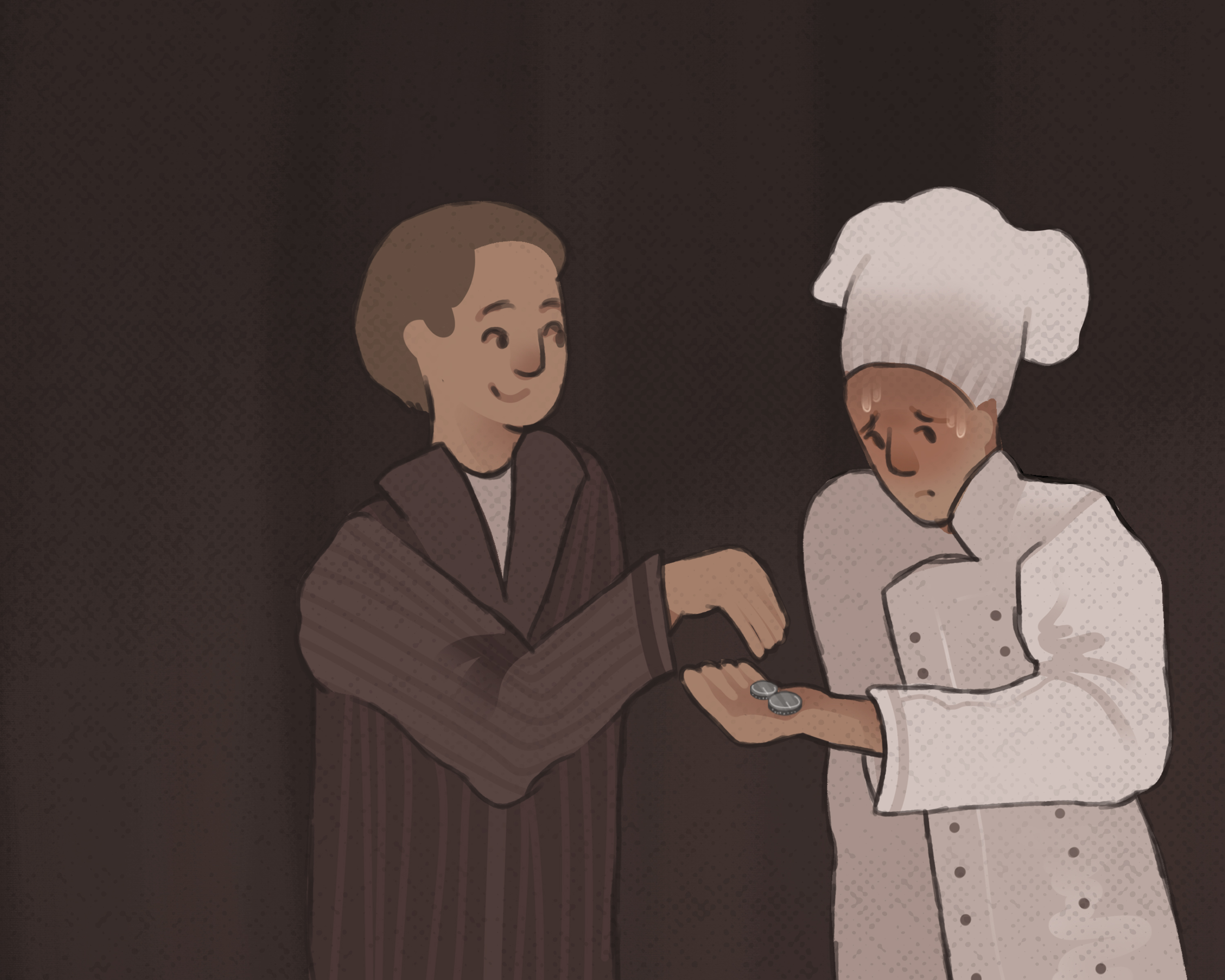The seat of aboriginal students’ community representative for the University of Manitoba Students’ Union (UMSU) council will not remain empty for much longer.
Normally, the aboriginal students’ representative is elected at the same time as UMSU executives and other student representatives. However, during the 2011 UMSU election no one from the aboriginal community at U of M submitted a nomination before the cut-off date.
The nominations were recently reopened to provide more time for anyone who was interested in coming forward.
UMSU has received two nominations for the position since it reopened the position. The candidates will present to UMSU council at the next meeting on Oct. 27, where councilors will then elect the new representative.
Michael Dorie, co-president of the University of Manitoba Aboriginal Student Association (UMASA), said the new representative would help provide a voice for the aboriginal student community on UMSU council.
“UMASA’s task was to find someone who fits in the best representation of the council and the entire aboriginal community,” he said.
Dorie noted that this new representation at UMSU council would help accommodate UMASA regionally and nationally.
“The representatives will be demonstrating our issues and concerns when they will be attending conferences,” he explained. He said UMASA also hopes the new representative will work with aboriginal student representatives across Canada, through the Canadian Federation of Students (CFS)
“We should all address the issues, not just leave it up to one group. We also hope UMSU will address the issues,” he further added. “UMASA will be organizing many events in the coming days and would like to get recognized.”
Mark Cardy, coordinator of UMASA, said he is also very excited to have someone from the aboriginal community at UMSU council on behalf of his association.
“It is good to have representation for UMSU council; representation is always great,” he said.
UMSU president Camilla Tapp commented that UMASA has been very active on campus this year, hosting a variety of events for students. UMSU feels it is important, as part of the university community, that aboriginal students are recognized at UMSU council and have a place to voice their issues, said Tapp.
“[ . . . ] It is important to get aboriginal issues in the realm of discussion during policy making,” Tapp commented.


